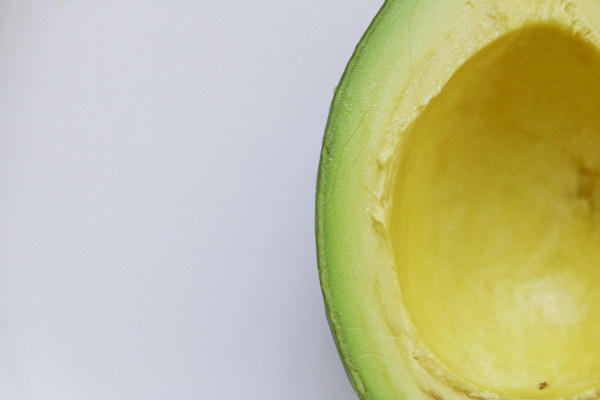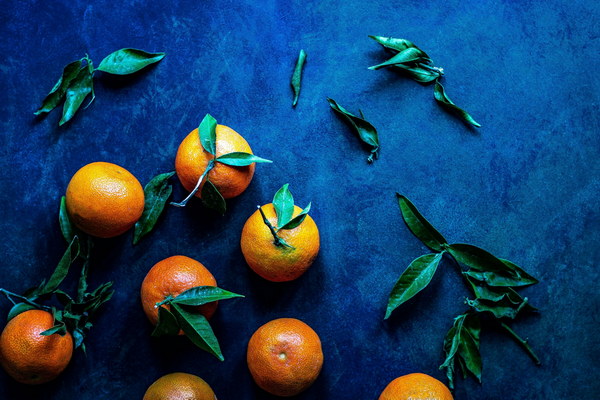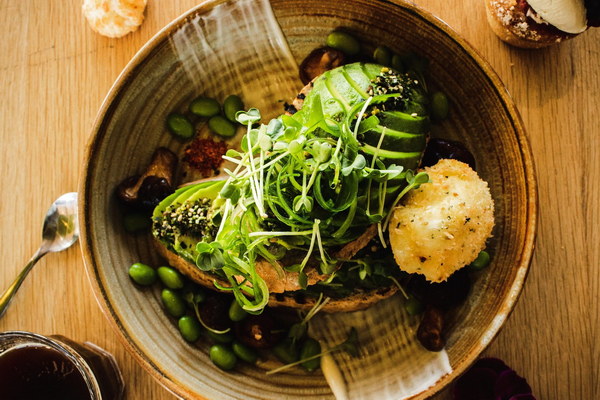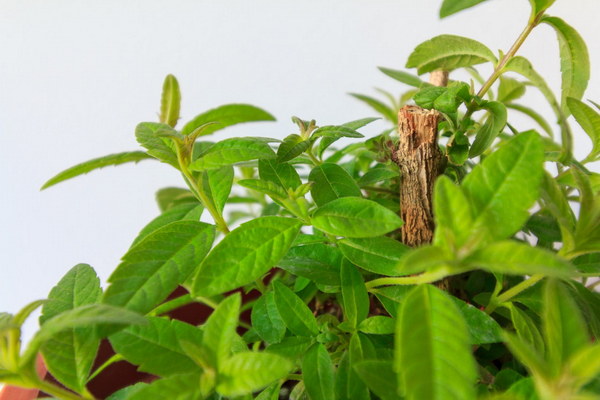Boosting Qi, Blood, and Yang A Comprehensive Guide to Nutrition for Qi and Blood Deficiency
Introduction:
Qi, blood, and Yang are essential components of traditional Chinese medicine (TCM), representing vital energies within the body that maintain health and well-being. When these energies are deficient, individuals may experience symptoms like fatigue, weakness, and cold extremities. This article aims to provide a comprehensive guide to nutrition for those with Qi and blood deficiency, offering practical tips and food recommendations to help restore balance and vitality.
1. Understanding Qi, Blood, and Yang Deficiency
Qi is the fundamental energy that sustains life and is responsible for the body's functions. Blood, on the other hand, nourishes the tissues and organs, ensuring their proper functioning. Yang is the warm energy that keeps the body warm and protects it from external threats. A deficiency in these energies can lead to various health issues.
2. Foods to Boost Qi and Blood
To address Qi and blood deficiency, it is crucial to incorporate specific nutrients and foods into your diet. Here are some key foods to consider:
a. Nourishing Soups and Stews: Soups and stews made with ingredients like chicken, beef, pork, and sea cucumber can help boost Qi and blood. Add herbs like astragalus, codonopsis, and goji berries to enhance the therapeutic effects.
b. Dark Leafy Greens: Dark leafy greens, such as spinach, kale, and Swiss chard, are rich in iron, which is essential for blood production. Incorporate these greens into salads, stir-fries, or smoothies.
c. Legumes: Legumes like lentils, chickpeas, and black beans are excellent sources of iron, protein, and essential nutrients. Include them in soups, salads, or as a side dish.
d. Nuts and Seeds: Almonds, walnuts, sunflower seeds, and pumpkin seeds are rich in vitamin E, zinc, and other nutrients that support blood health. Add them to salads, yogurt, or as a snack.
e. Fruits: Fruits like dates, figs, and goji berries are known for their nourishing properties. Include these fruits in smoothies, desserts, or as a healthy snack.
3. Herbs and Spices
Herbs and spices can play a significant role in supporting Qi and blood. Some notable options include:
a. Astragalus: This herb is widely used in TCM to boost Qi and support the immune system. It can be taken as a tea or added to soups and stews.
b. Codonopsis: Similar to astragalus, codonopsis is known for its Qi-boosting properties. It can be taken in the form of capsules, tea, or added to dishes.
c. Goji Berries: These berries are rich in antioxidants and are believed to nourish the kidneys, enhance Qi, and support blood health. Consume them as a snack, add them to smoothies, or use them in recipes.
d. Ginger: Ginger is a warming herb that can help improve circulation and boost Qi. Add fresh or dried ginger to teas, soups, or stir-fries.
4. Lifestyle Tips
In addition to dietary adjustments, adopting certain lifestyle habits can also help restore Qi and blood:
a. Regular Exercise: Engaging in moderate exercise, such as walking, yoga, or tai chi, can enhance circulation and boost overall energy levels.
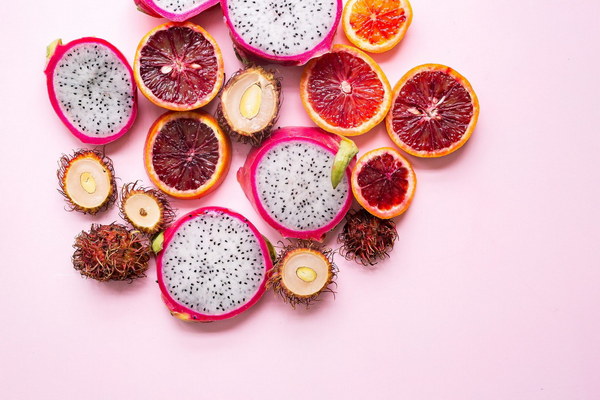
b. Adequate Sleep: Ensure you get enough restful sleep to allow your body to rejuvenate and restore its energy.
c. Stress Management: Practice stress-reducing techniques like meditation, deep breathing exercises, or engaging in hobbies you enjoy.
Conclusion:
Incorporating the right foods and lifestyle habits can make a significant difference in addressing Qi and blood deficiency. By focusing on nourishing soups, dark leafy greens, legumes, nuts, seeds, and specific herbs and spices, you can support your body's vital energies and promote overall well-being. Remember to consult with a healthcare professional or TCM practitioner for personalized advice and to ensure your dietary and lifestyle choices align with your specific needs.
